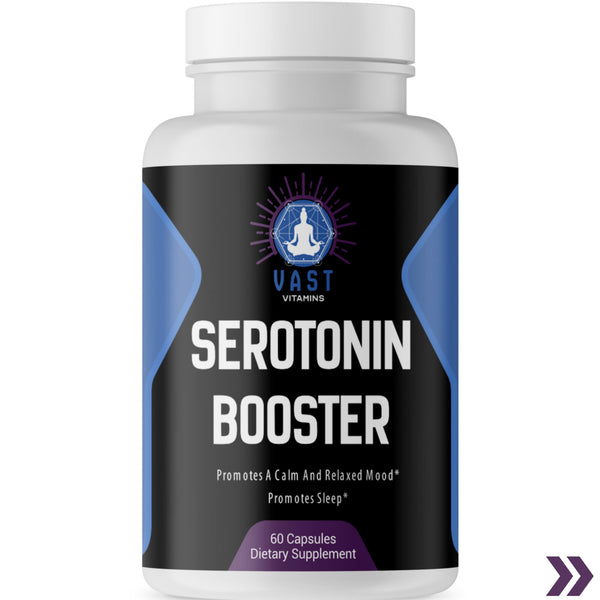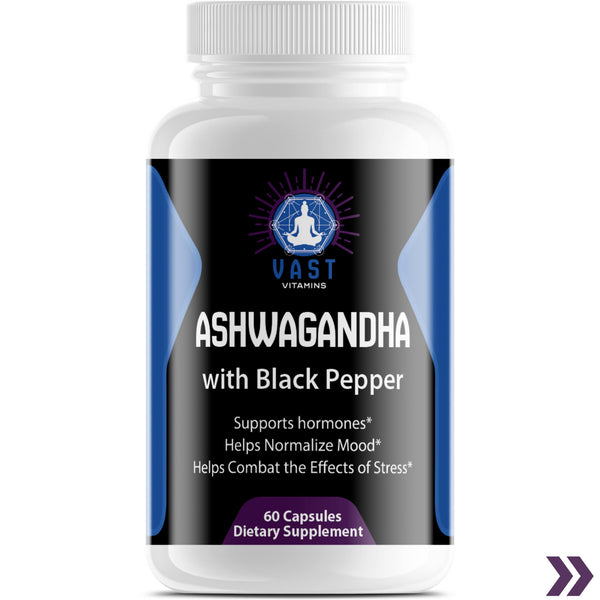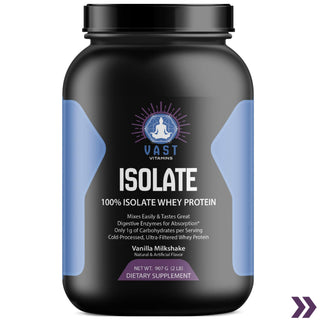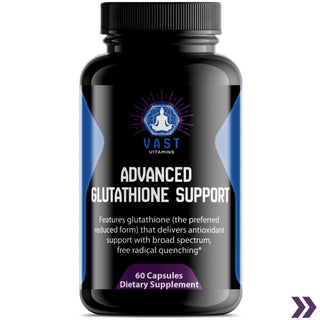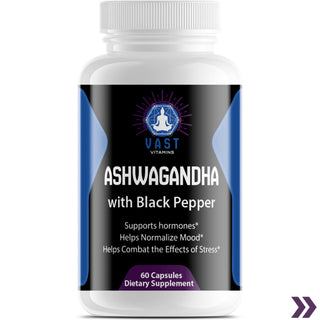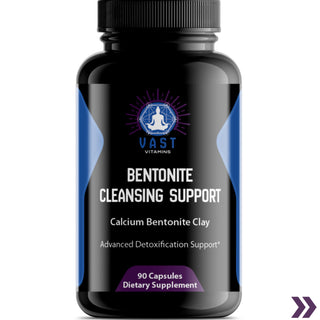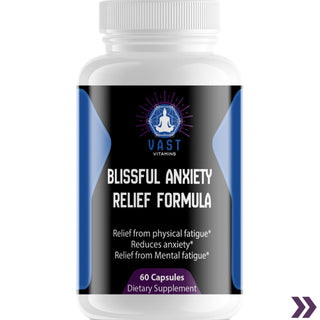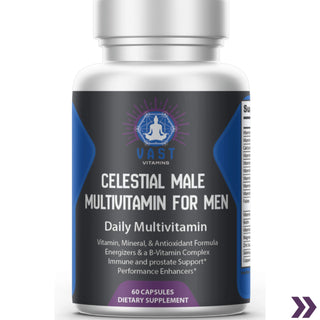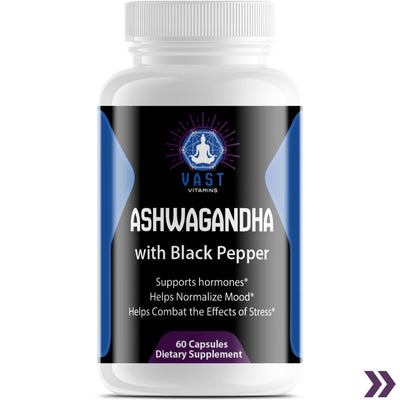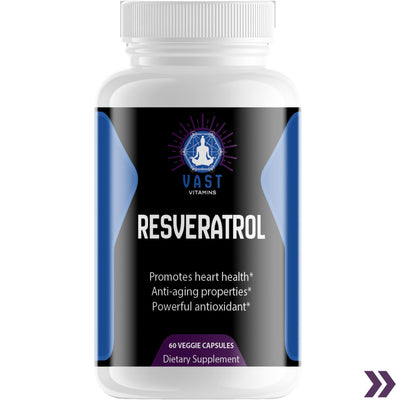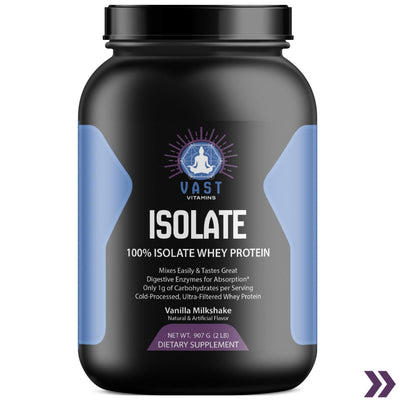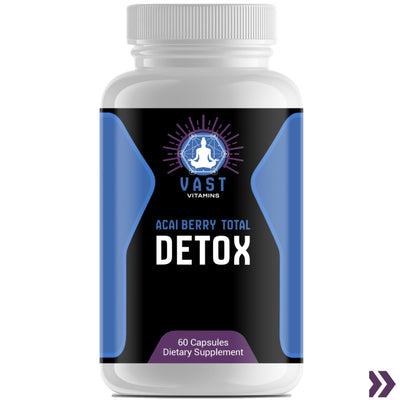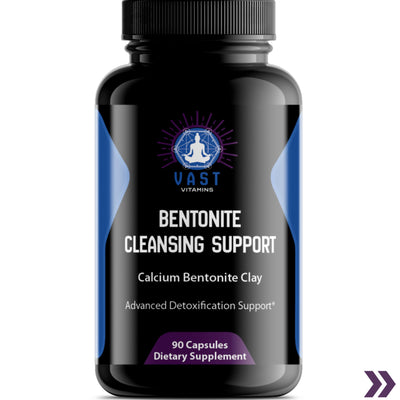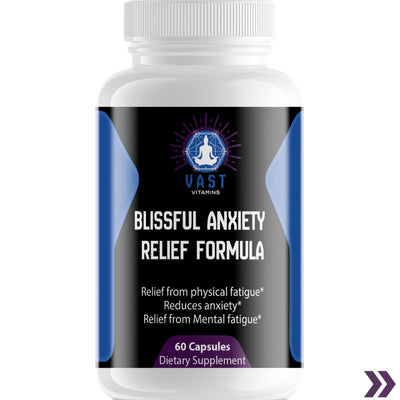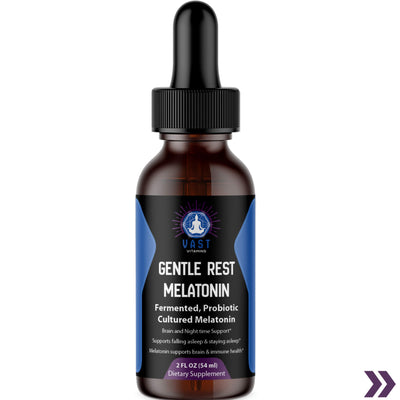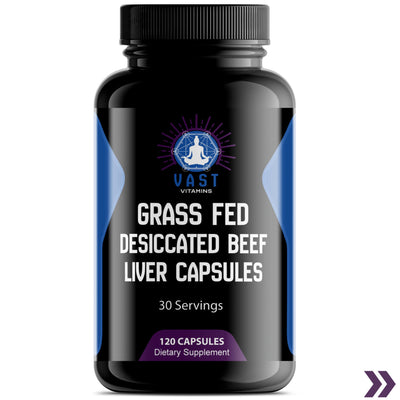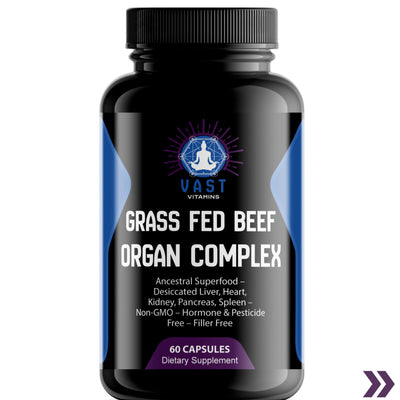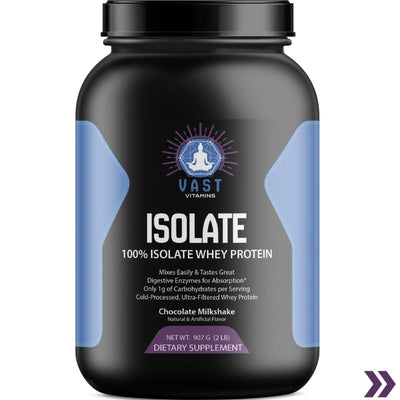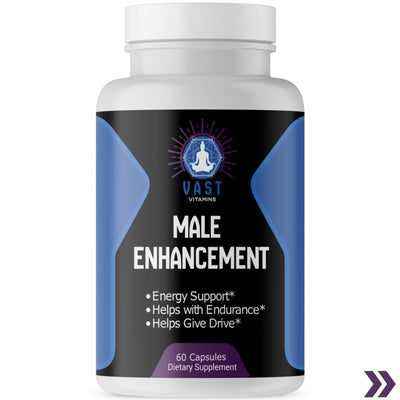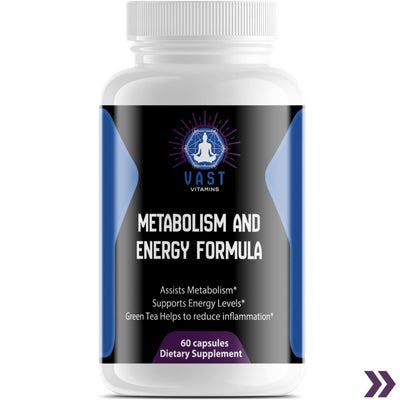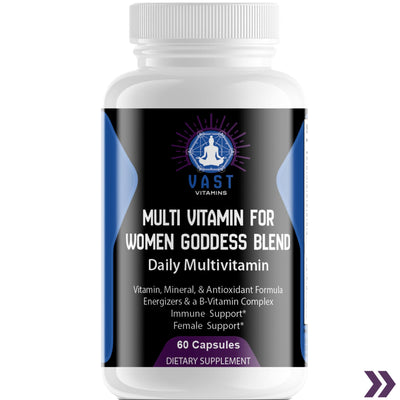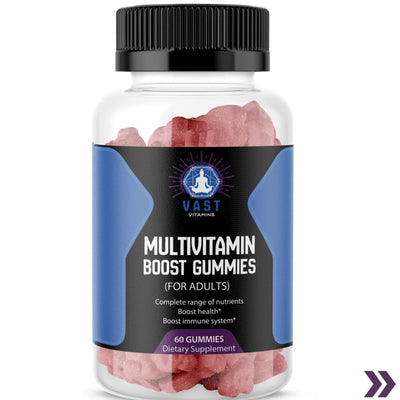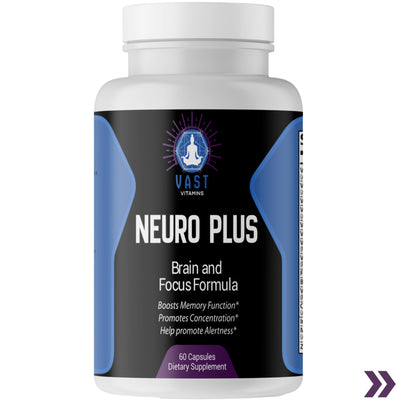When it comes to health and wellness, there are so many myths and misconceptions. Some of these ideas have been floating around for a long time, while others are newer but no less false. Take, for instance, the idea that you need to run miles every day in order to stay healthy. Or that being overweight is the result of poor eating habits rather than an excess of fat.
Even with new research emerging almost weekly debunking old assumptions about diet, exercise and weight loss, there are still people out there spreading fear-mongering misinformation about what it takes to live the healthy life you want. To help you avoid falling victim to these untruths and instead get the most effective advice on your health and wellness journey, we’ve rounded up some common myths in health and wellness:
Health & Wellness Myths
Myth: You need to be in high-intensity exercise to lose weight High-intensity exercise is a fantastic way to shed pounds and keep them off. But that doesn’t mean you have to go for a marathon or sprint for an hour at the gym every day. Moderate intensity exercise is just as effective and can be done from home or around the world. In fact, running for just 10 minutes at a time burns more calories than sitting on your butt all day long!
Myth 1: Carbs Make You Fat
Carbs are a type of food that should be avoided at all costs, according to some myths about health and wellness. This is because carbs have been linked to weight gain. However, the truth is that carbs (in moderation) can actually help with weight management. Even if you are not overweight, it’s important to stay hydrated and to eat healthy food because your body needs nutrients in order to function properly. And if you want to lose weight healthily, you should keep your calorie intake low while exercising often. The key is finding what works best for you and sticking with it!
Myth 2: Fad Diets Work
The idea that fad diets work is a common myth. Fad diets are designed to be "quick fixes" and typically follow the trend of popular food trends. They usually focus on extreme behaviors such as cutting out certain food groups or eating only one particular type of food. This means they can be very restrictive and difficult to maintain in the long term, which often leads to binging, weight gain and feelings of failure after the diet ends.
Myth 3: Skip Breakfast to Lose Weight
The breakfast myth is one of the most common misconceptions in health and wellness, yet it's also one of the easiest to debunk. Research suggests that eating breakfast may help you to control your appetite and lose weight - even if you're not trying to. In fact, a recent study published in the journal Obesity found that people who skip breakfast tend to take in more calories during the day than those who do eat breakfast. It's important to note that skipping meals or snacking throughout the day isn't healthy either. They both lead to poor diet and weight loss, but breakfast is a better option for losing weight. The importance of eating breakfast is that it helps slow down your metabolism and make it easier for your body to burn food as fuel rather than storing it as fat. Eating too many calories throughout the day leads to a slower metabolism, which can cause weight gain.
Myth 5: Exercise Alone is Enough
It’s easy to fall into the trap that exercise is the only thing you need to do to stay healthy. But just because it’s important doesn’t mean it’s all you need to do. In fact, research has shown that even if you work out every day, it’s not enough to maintain a healthy lifestyle. This misconception also leads people to believe that they don't need to worry about what they eat or drink because they're exercising so much. In reality, nutrition and hydration are incredibly important for health and wellness that should be given the same attention as your workouts. If you want a healthy lifestyle, you'll have to make an effort in all three areas: diet, exercise, and hydration.
Myth 1: Low-Fat Diets are Healthier
This myth is a bit of a misnomer as many low-fat and no-fat diets actually aren't healthier. The truth is that the "low fat" label just means that there is less saturated fat in the food. It doesn't mean you're eating healthier or less calories. In fact, the evidence shows that low-fat diets are even more likely to be associated with weight gain and heart disease than other types of diets.
Conclusion
Health is an important part of life, and understanding the principles of health and wellness can help you lead a better life. What does it mean to lead a healthy life? For many people, it means being active, eating nutritious foods and being mindful about your health. However, there are countless myths about health, wellness, and nutrition that can be misleading.
In conclusion, it is important to be mindful of the myths we hear and believe. Many of these myths can lead to false expectations and dangerous health decisions. It is essential to seek accurate, evidence-based information from trusted sources in order to make informed decisions when it comes to our physical and mental health. With reliable knowledge, we are able to have peace of mind and improved wellbeing.
Let us continue to challenge misconceptions and focus on taking care of ourselves in healthy ways.
Debunking Common Myths in Health and Wellness FAQ.
Do I need high-intensity exercise to lose weight?
No. High-intensity exercise is helpful for losing weight but not a must. Moderate intensity exercise is just as effective with the right diet and sleep and can be done from home.
Does carbs make you fat?
Bad carb like processed food, cakes, cookie, and sugars make people gain weight.
Are there good carbs?
Yes. Try to choose carb-rich foods that are minimally processed and high in fiber, such as whole grains, legumes, fruits, and vegetables.
Do fad diets work?
Fad diets are designed to be "quick fixes" rarely are they health in the long term.
Does Skipping breakfast help you lose weight?
Research suggests that eating breakfast may help you to control your appetite and lose weight
Is exercise the only thing you need to do?
Research has shown that even if you work out every day, it’s not enough to maintain a healthy lifestyle. In reality, nutrition and hydration are incredibly important for health and wellness
Are Low-Fat Diets are Healthier?
"low fat" label just means that there is less saturated fat in the food. It doesn't mean you're eating healthier or less calories.
What's the big take away on Debunking Common Myths in Health and Wellness?
In conclusion, it is important to be mindful of the myths we hear and believe. Many of these myths can lead to false expectations and dangerous health decisions.























